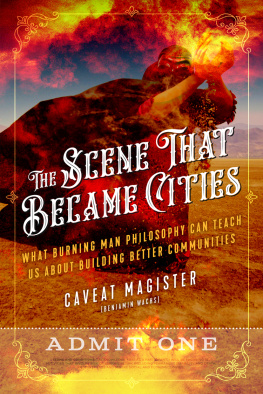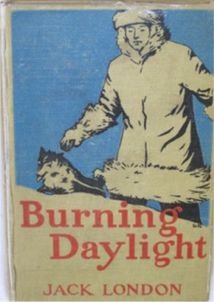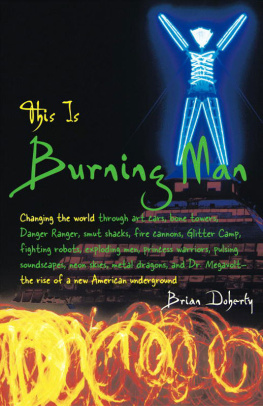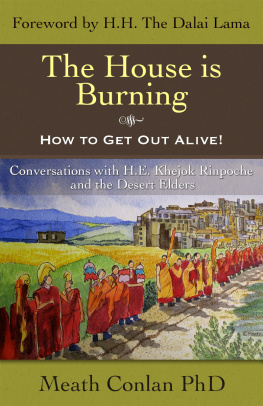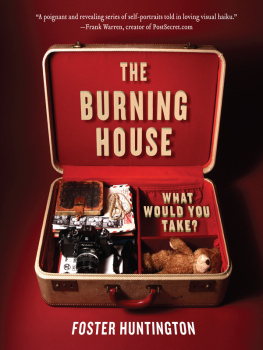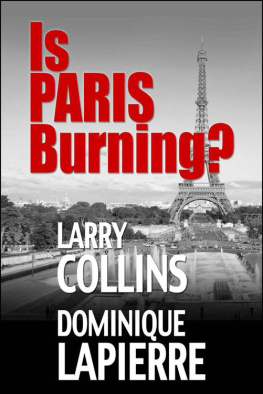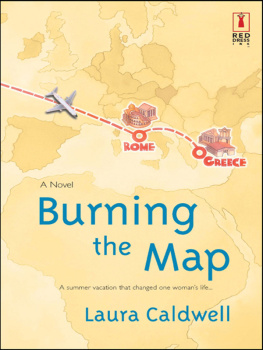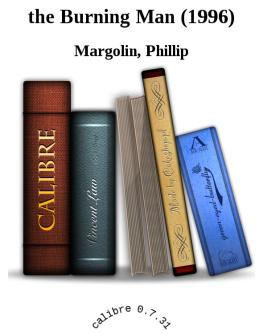
Copyright 2019 by Caveat Magister. All rights reserved. No portion of this book, except for brief review, may be reproduced, stored in a retrieval system, or transmitted in any form or by any meanselectronic, mechanical, photocopying, recording, or otherwisewithout the written permission of the publisher. For information contact North Atlantic Books.
Published by
North Atlantic Books
Berkeley, California
Cover photos gettyimages.com/saul landell/mex, gettyimages.com/Jose A. Bernat Bacete
Cover design by John Yates
Book design by Happenstance Type-O-Rama
Printed in the United States of America
The Scene That Became Cities: What Burning Man Philosophy Can Teach Us about Building Better Communities is sponsored and published by the Society for the Study of Native Arts and Sciences (dba North Atlantic Books), an educational nonprofit based in Berkeley, California, that collaborates with partners to develop cross-cultural perspectives, nurture holistic views of art, science, the humanities, and healing, and seed personal and global transformation by publishing work on the relationship of body, spirit, and nature.
North Atlantic Books publications are available through most bookstores. For further information, visit our website at www.northatlanticbooks.com or call 800-733-3000.
Library of Congress Cataloging-in-Publication DataNames: Magister, Caveat, author.
Title: The scene that became cities : what burning man philosophy can teach
us about building better communities / Caveat Magister.
Description: Berkeley, California : North Atlantic Books, 2019.
Identifiers: LCCN 2018058337 (print) | LCCN 2019004293 (ebook) | ISBN
9781623173708 (e-book) | ISBN 9781623173692 (paperback)
Subjects: LCSH: Self-actualization (Psychology) | Creative ability. |
Inspiration. | BISAC: BODY, MIND & SPIRIT / Inspiration & Personal Growth.
| SOCIAL SCIENCE / Popular Culture. | SELF-HELP / Creativity.
Classification: LCC BF637.S4 (ebook) | LCC BF637.S4 c33i024 2019 (print) | DDC
158.1dc23
LC record available at https://lccn.loc.gov/2018058337
North Atlantic Books is committed to the protection of our environment. We partner with FSC-certified printers using soy-based inks and print on recycled paper whenever possible.
What Is Burning Man?
My personal, unofficial, definition:
Burning Man is a form of the social verb to Burn.
To Burn is to:
Establish a liminal space in which you create something amazing for its own sake, that anyone can actively participate in and even cocreate; and then clean up after yourself when youre done.
The official definition:
There is no official definition of Burning Man, and anyone who thinks there is needs to be told a joke.
Introduction
In an almost-empty Oakland art gallery in 2017, Larry Harvey, the primary founder of Burning Man, was standing across a table of books from a man named Isaac, who is perhaps the first and last member of the American Situationist movement.
Neither knew who the other was.
In a few minutes, this would become a moment I will remember for the rest of my life.
The Situationists began in Italy in 1957, were headquartered in Paris, and became celebrities of the avant-garde when their leader, Guy Debord, published the Situationists primary text, The Society of the Spectacle, in 1967. The big idea was that the forces of modern life had created a spectacle that made people passive consumers of representations of life instead of active agents shaping their own real lives. Student revolutionaries nearly shut Paris down in 1968, and the Situationists took credit for itwhich is like Salvador Dal saying that his paintings of melted clocks were responsible for you being late to work. But all the same, the Situationists were there, recognized, and relevant.
Isaac came from America soon after, visiting Paris and speaking to most of the major Situationists. Isaac then helped cofound the American branch of the international Situationist movementwhich was located in Berkeley, California, because of course. But the Situationists in both France and America petered out in the 1970s.
Is there a Situationist group around now? I asked. Do they have meetings?
No, Isaac said. Not anymore.
Forty years after it was all over, Isaac was at Oaklands Pro Arts museum, a guest at the opening of an exhibit called The New Situationists, the first major survey of Bay Area avant-garde art and countercultural activities, influenced by the ideas, theory, and techniques of the Situationist International movement. He had a book to sell.
What do you think of Burning Man? Larry asked Isaac.
Isaac said, Very little.
Why is that? Larry asked. Because its gotten too big? Sold out?
Well, Ive never been, but from what I can see, its just a crazy party, Isaac said.
Never mind a museum; Larry would probably have visited a pet clinic if it had Situationist in its name. Hed discovered Situationism around 1992, about fifteen years after it died and six years after he started Burning Man. He was stunned to discover how relevant it was to the work he had already begun. He had recently bought me a biography of Dubord (who had ended his days as a recluse after discovering it was easier to drink yourself to death if people werent watching) so we could discuss it.
Are you a Burner? Isaac asked Larry. Do you go to Burning Man?
There was a long hesitation. Were I in Larrys position, I would have lied.
I established it, Larry said.
Oh. Well. Congratulations, Isaac said.
But Larrys interest in Situationism was an unrequited love, because not oncenot anywherein an exhibit specifically dedicated to the influence of Situationism on Bay Area art was Burning Man mentioned.
Which was weird. Like someone writing a biography of your parents and never mentioning you.
Significant portions of the exhibit were devoted to claiming credit for Situationist influence on the Suicide Club and on the Cacophony Society, both of which were direct influences on Burning Man and even had some of the same people involved in major roles. The exhibit also claimed credit for Situationist influence on the Billboard Liberation Front, which was a project primarily launched and run by (sometimes disaffected) early Burners.
But no mention of Burning Man. What the hell?
Larry and I were baffled. Why would someone go out of their way to claim to have affected the secret societies and underground pranksters who influenced early Burning Man and then not go on to also say we influenced Burning Man, which is a global phenomenon? Why was Burning Man specifically left off the rsum?
Isaac was backpedaling a bit, not wanting to pretend to approve but also not wanting to give offense. Its just seemed to meadmittedly never having really looked into itthat its turned into a party for the squares.
Larry nodded. Oh, there are plenty of squares at Burning Man. Lots of them.
Isaac thought Larry was being self-deprecating, and in return he tried to be gracious. Well, they always turn up eventually, theres really nothing you can do...
No no, Larry interrupted. We welcome them! We encourage them. How else are you going to have an impact?
Oh, Isaac said dismissively. Ive never believed in that convert-the-masses stuff.
Well, Larry said, without a moments hesitation, Ive never believed in the romantic allure of the underground.
There was a moments pause.
They each took a breath... and then they were interrupted. Museumgoers walked past. Larrys son arrived. The conversation ended.
Next page
